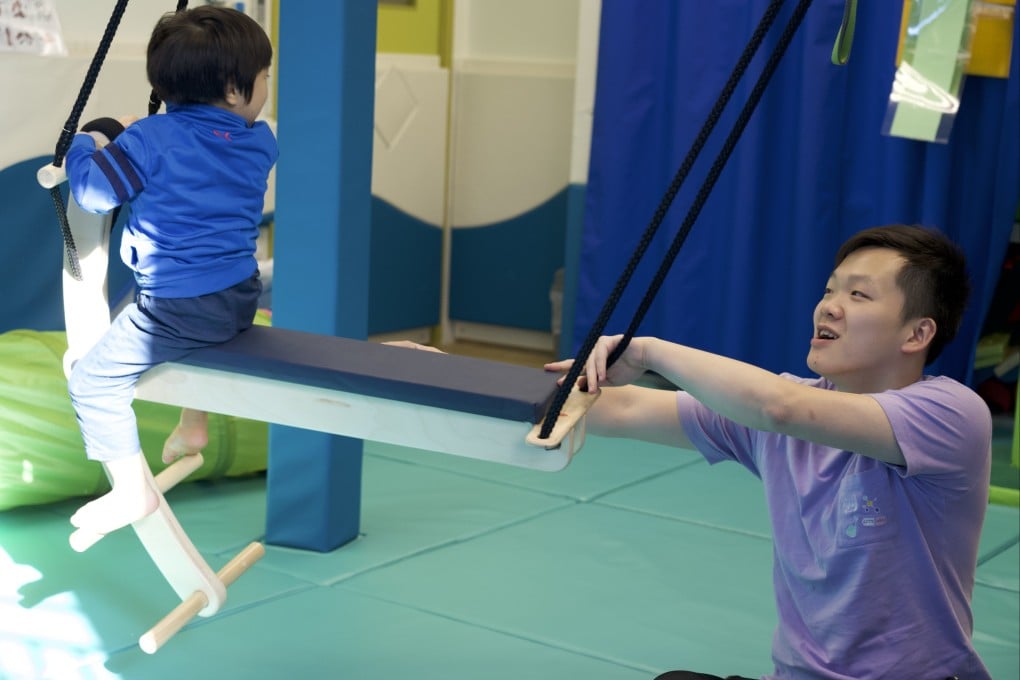Special education 2.0
- Hong Kong has 62 aided special schools to support students with intellectual and physical disabilities, social developmental issues, and visual or hearing impairments
- One approach to teaching children with special educational needs is developing educational robots tailored to their needs, and to enhance their life skills

A recent survey on social and emotional support for children with special educational needs (SEN) adapting to primary school – conducted by the Hong Kong Christian Service – found that the number of SEN primary and secondary students in Hong Kong has doubled over the past decade to reach nearly 60,000.
In 2023-24, total government expenditure on education was around HK$114.7 billion – an estimated 15.1 per cent of total government spending for the financial year. But have the city’s SEN provisions grown in tandem with our growing needs?
Hong Kong is home to 62 aided special schools, supporting students with intellectual disabilities, social developmental issues, physical disabilities, and visual or hearing impairments. Rhenish Church Grace School (RCGS) is one such educational institution. The school for students aged six to 18 with moderate intellectual disability provides whole-child education, with 76 per cent of the student body on the autism spectrum.
RCGS received a HK$2.76 million grant from the Innovation and Technology Fund for Better Living, which has gone towards the school’s Living Skills Robots for Students with Intellectual Disabilities initiative, launched in January 2024.
The aim of the project is to develop intelligent educational robots tailored to the needs of students with intellectual disabilities, to enhance their life skills. “We encourage students to use the robots for learning both at school and at home, empowering them to become independent learners,” said Lee Ngok-tsun, head of the assessment and teaching support division at RCGS. “Robots have humanlike faces, consistent tones, precise movements, and the ability to repeat instructions tirelessly, all of which benefits learners with autism,” he noted.
Each RCGS student has access to their own robot to use at home and at school, while 35 schools taking part in a wider pilot programme have been given two robots per campus. Lee hopes that with additional funding, students at all schools can have access to a personal robot, to use both on campus and at home.